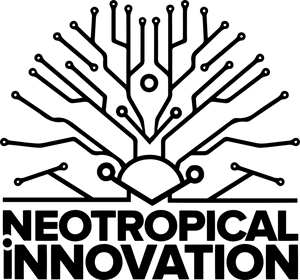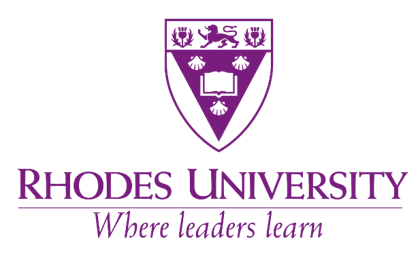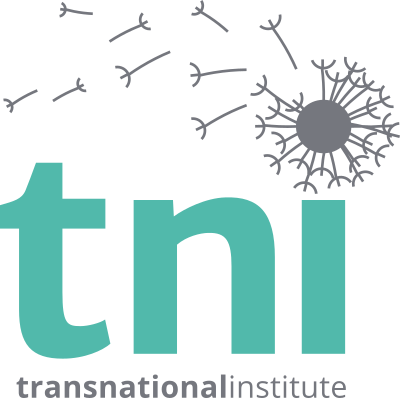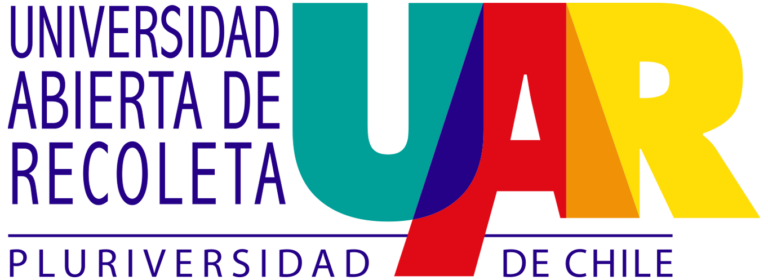The Untraceable University Research Institute brings together researchers, students, and practitioners from a wide variety of disciplines to validate, refine, and prepare the strategy for this radical and large-scale experiment.
The specific objectives of this research initiative are as follows:
- To develop an understanding of overlooked and undervalued indigenous, traditional, and modern practices that are most appropriate to inform the community structure and culture.
- To identify structural barriers that have prevented radical change to existing societies, and to formulate locally-appropriate alternatives to overcome these barriers.
- To develop inspiring interdisciplinary, integrated visions for this experiment by balancing alternative aspects, including:
- Societal well-being
- Ecosystem health and impact
- Social and environmental justice
- To develop a framework that can be used to integrate the most locally appropriate regenerative and restorative systems (such as for food, social systems, housing, water, transport, energy or social connection).
We are seeking to reach these objectives through a network of collaborators, grouped together through Thematic Action Committees (TACs). Each TAC is formed around a specific theme, and we encourage the creation of overlapping committees that seek to unpack the same theme from a different perspective. The TACs develop a research programme that embraces a participatory, collaborative, and situated method. This research is not siloed within a single university or department, but instead there is an open, collaborative approach towards defining and communicating the research questions and methods, before engaging in a more in-depth research project. The TACs help organise and guide the research efforts, but simultaneously invite a wider range of researchers to feed into this programme as it develops.
Activity Framework
The activities below outline the general activity framework that Thematic Action Committees (TACs) are expected to develop.
YEAR 1
- Research questions Write-up of the key research questions for your TAC. These questions are based on the outcome of the inaugural workshop, and each of the questions should speak to at least one of the specific objectives of the Untraceable University research programme (see above). Make sure that your TAC indicates what level of research this question requires (Bachelors/Masters/PhD/Postdoc). After developing the list of research questions, the Untraceable University Research Institute will publish these questions on our website and through other communication channels, in order to solicit initial feedback and encourage further discussion.
- Primer Development of a background document that introduces your field to non-experts, and that frames the importance of the research question for the Untraceable University project. This will allow for dissemination of your work to a wider audience, including other TACs within the Untraceable University project (such as committees from very different disciplines). This might lead to refinement of your questions, or the elaboration of interdisciplinary questions that enhance your initial work. Once the questions are finalised, a larger call will go out to your and our networks, in order to encourage students at different levels to consider helping to answer these questions as part of their degree. Supervision of these projects will be done by local collaborators at universities. Some projects might start shortly after publication (e.g. Bachelor-level work or Masters dissertations), but other questions will require the formation of a funded research project, which will take longer (see below).
- The Conversation articles Write-up of existing academic insights and findings through an Untraceable University lens for publication on The Conversation (or similar platforms). The goal is to reach a wider audience and to introduce this audience to the existing projects and thinking that exist in your field through which your TAC imagines to reflect on the questions that were defined. You can also introduce the questions (individually, or in groups) through these articles. The write-up from the Primer that was written before can serve as a starting point for writing these articles. These more widely circulating articles should invite other academics as well as the public to comment on the Untraceable University as seen through the lens of your discipline. There should also be an invitation for academics to get involved with the research that is being presented.
YEAR 2-5
- Research projects After thoroughly defining how your TAC aims to tackle the research objectives in the first year, the second year will involve putting together a cohesive research project to actually answer the questions that were defined. There might be some decentralised research that is already being initiated by students at Bachelor or Masters level, which will most likely look at the first two objectives (taking stock of existing practices and identifying existing barriers). However, the more complex objectives will require a more centralised project behind it. Together with other partners and disciplines your TAC will look at putting together the required structure, funding, and capacity to help develop integrated visions for the Untraceable University, as well as an actionable framework (objectives 3 and 4). The Untraceable University Research Institute can help co-apply for funding programmes, and the goal should be to fund research at PhD and Postdoc level. Through connection with other TACs and support from the Untraceable University Research Institute, individual researchers should feel that they are part of a larger, international effort.
- Academic papers Publication of results in academic papers in relevant journals allow for the research projects to comply with internal university objectives or funding milestones. However, these papers should also directly support the knowledge base that is available to the wider Untraceable University community. Every research paper or other research project output should contain a synthesis of the results written up in a unified format that feeds into the Untraceable University library. The results will be disseminated by the Untraceable University Research Institute to the larger community and other disciplines that might benefit from your research, and they can also directly influence the shape and direction of the overall project.
People that are interested in engaging with this project are recommended to consider setting up a Thematic Action Committee, or to contribute in one of the other ways we offer.






